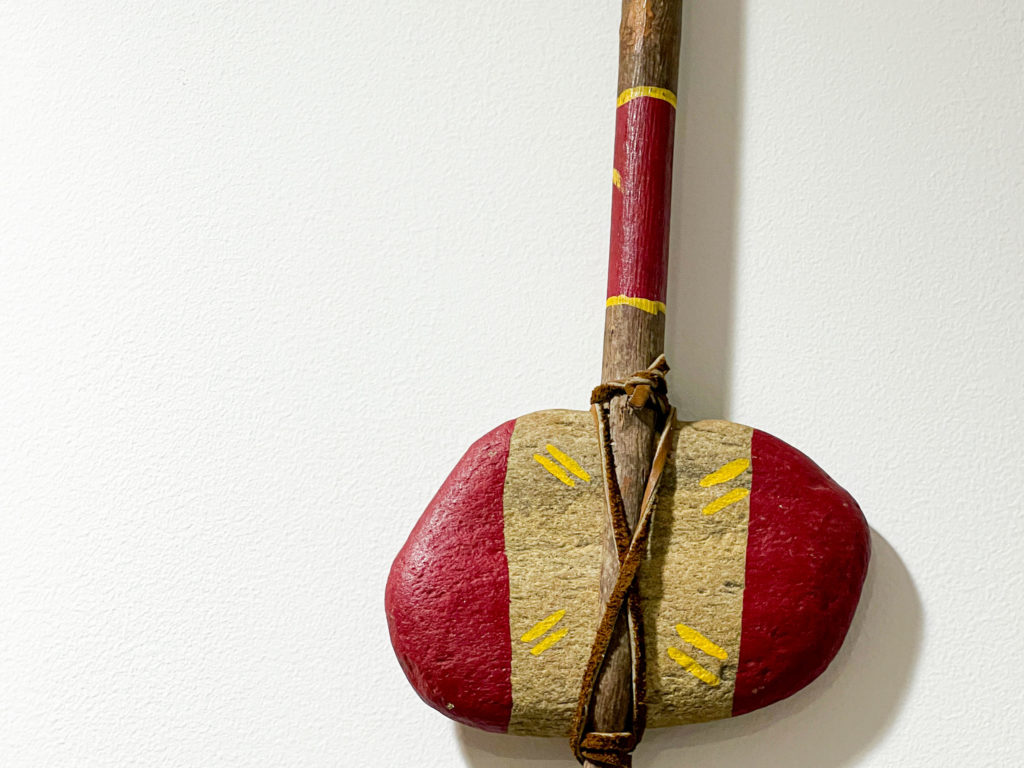TRENDS
The Internet of Stuff ®
Many people today seek help when moving themselves (or their parents) into a new home, a facility, or even just downsizing to a smaller place. One of the most underestimated (and sometimes contentious) topics is, “What do we do with a lifetime of stuff?”
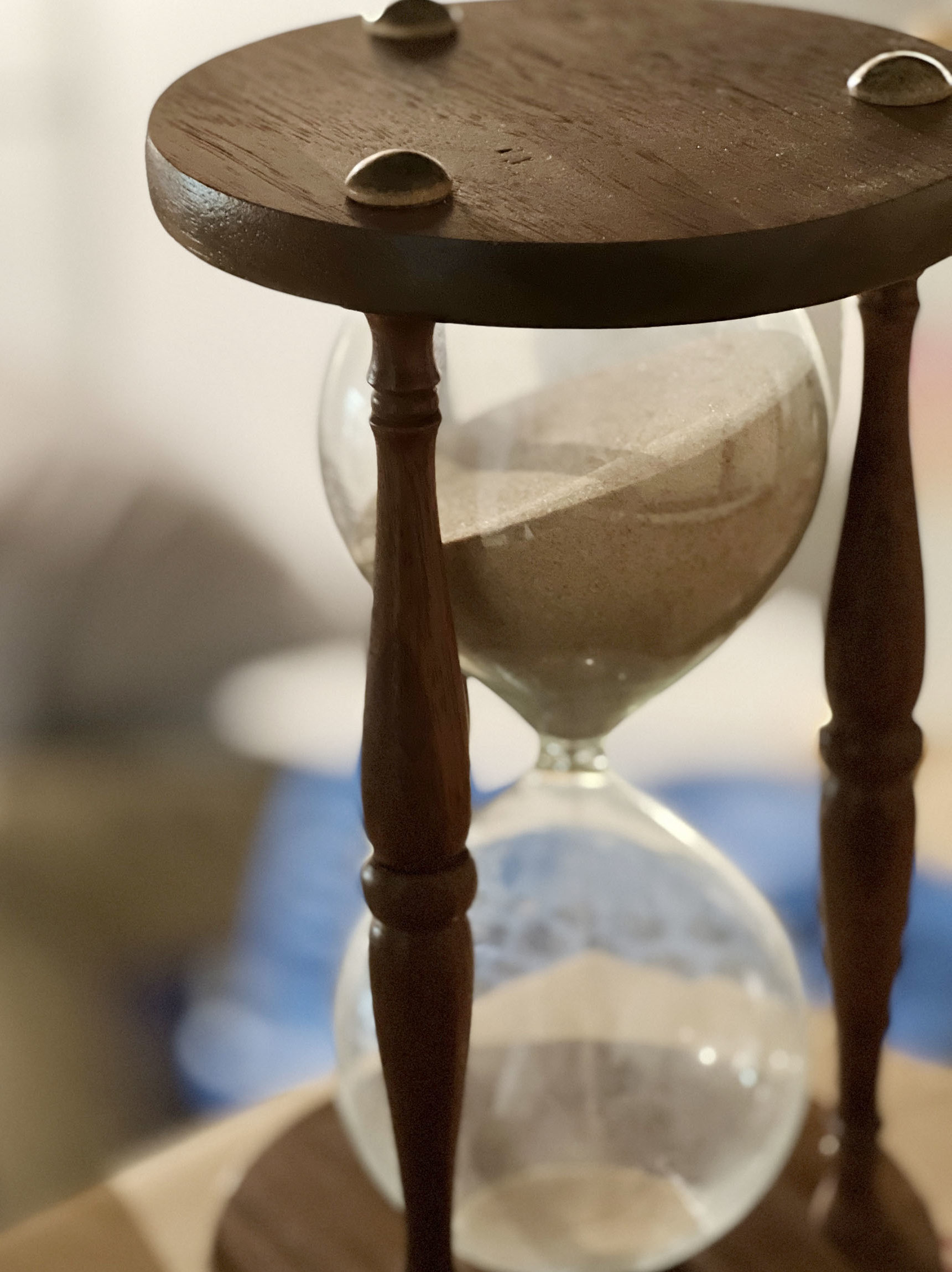
Trend #1. From Trash to Treasure
In the past, people treated their household possessions (or their parent’s possessions) as if they had little value.
Of course, there was always the occasional rare, signed baseball card in mint condition, a Tiffany lamp, or a piece of artwork by a famous artist. But outside these obvious exceptions, the general approach was “Get rid of it, don’t worry about it, and be glad the clutter is gone.” The thinking was, “The value is in the house anyway.”
The trend today is to view art and collectibles as valuable economic assets. People are becoming aware that their possessions are liquid assets and should be considered in estate planning rather than being thrown into the dump or sold for nearly nothing at a garage sale.
100k Down the Dumpster
I was asked to come over to the house of a family in Atlanta to help appraise the depression-era Waterfall furniture they owned. Unfortunately, I had the unenviable task of delicately telling the lady of the house that the furniture, while it had some value (around $500 for a dresser), was not worth what she thought it was.
She was disappointed since she felt that the furniture was the only thing of value in the home. She told me she had gone through the house with a garbage bag and cleaned everything out, including generations of personal family papers. She concluded by proudly telling me, “I threw out letters and Christmas cards from Bobby Jones and the family.”
As it turns out, Bobby Jones was the founder of Augusta, Atlanta, and the Master’s tournament. When I passed on to her the value of what had been thrown away (upwards of $7,000 a letter), she started yelling at her husband to go out to the dumpster and find it. Sadly, the dumpster company had already come and gone. The papers were lost, having landed in an unknown Atlanta landfill.
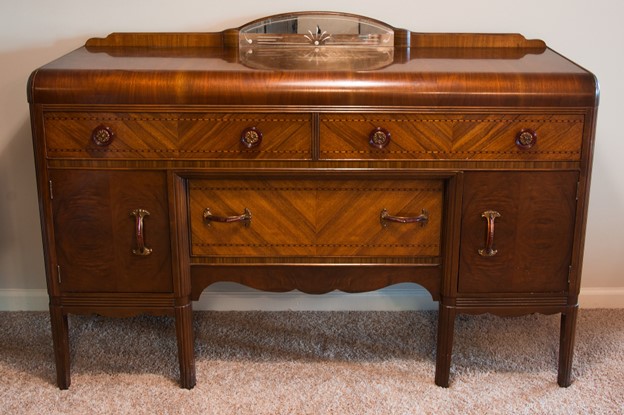
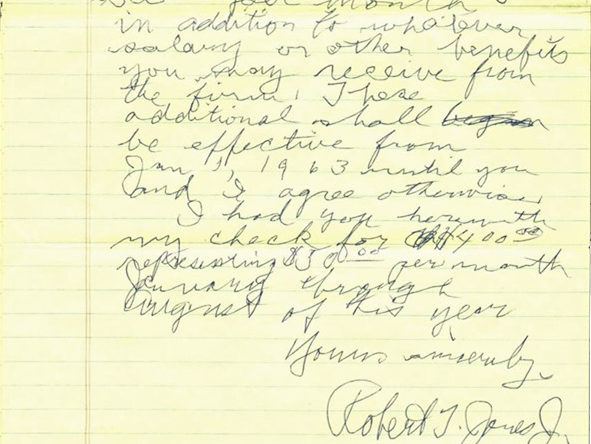
Trend #2. Hiring an Estate Sales Company
With the growing awareness that the items around a home can be worth money, many people are turning to estate sale firms for help. While these firms generally know what assets have the most value, they often don’t have enough knowledge or time to determine a fair offer for items. In addition, a great deal of the provenance cannot be known since the person who can explain the importance and history of the item has often passed.
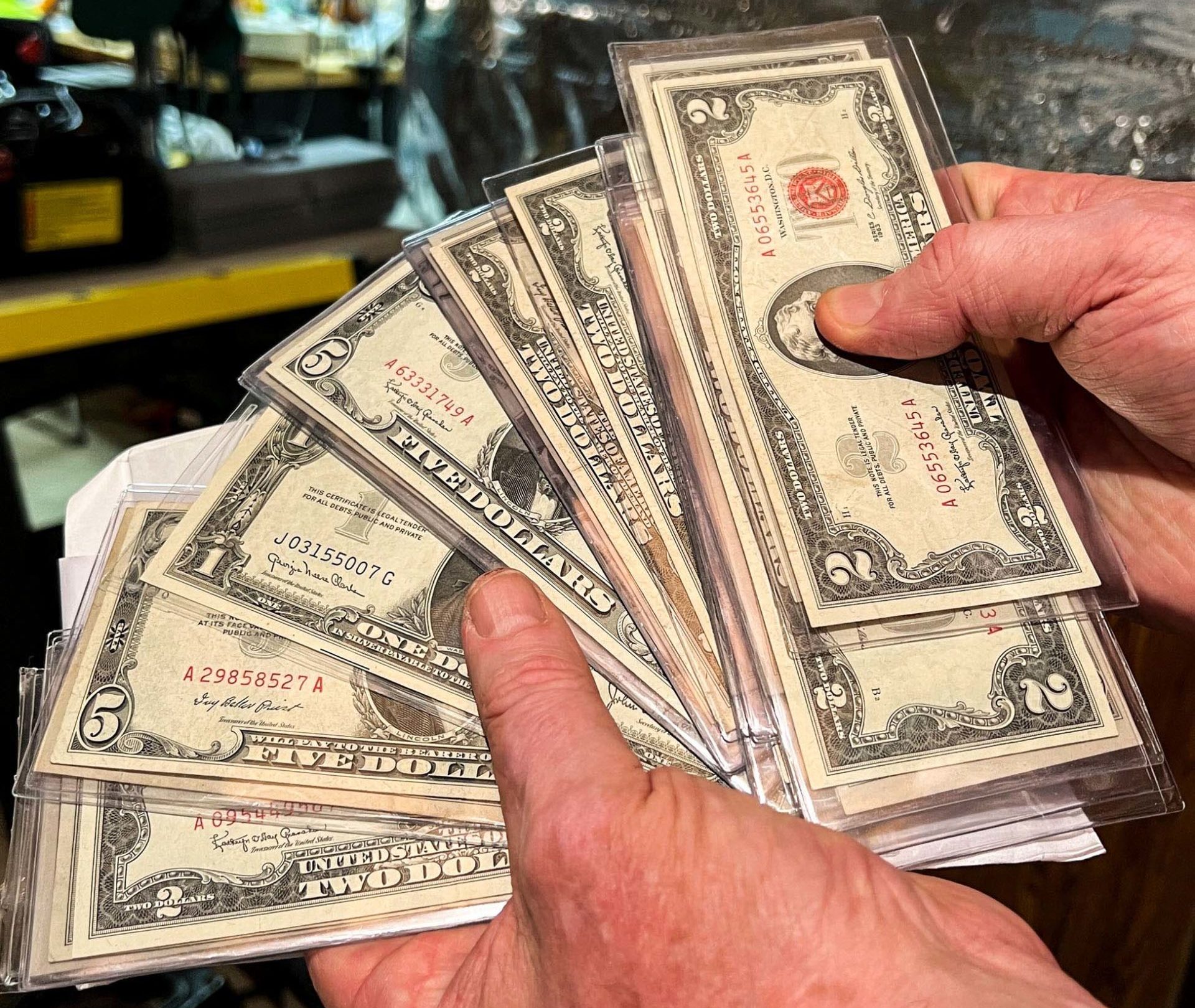
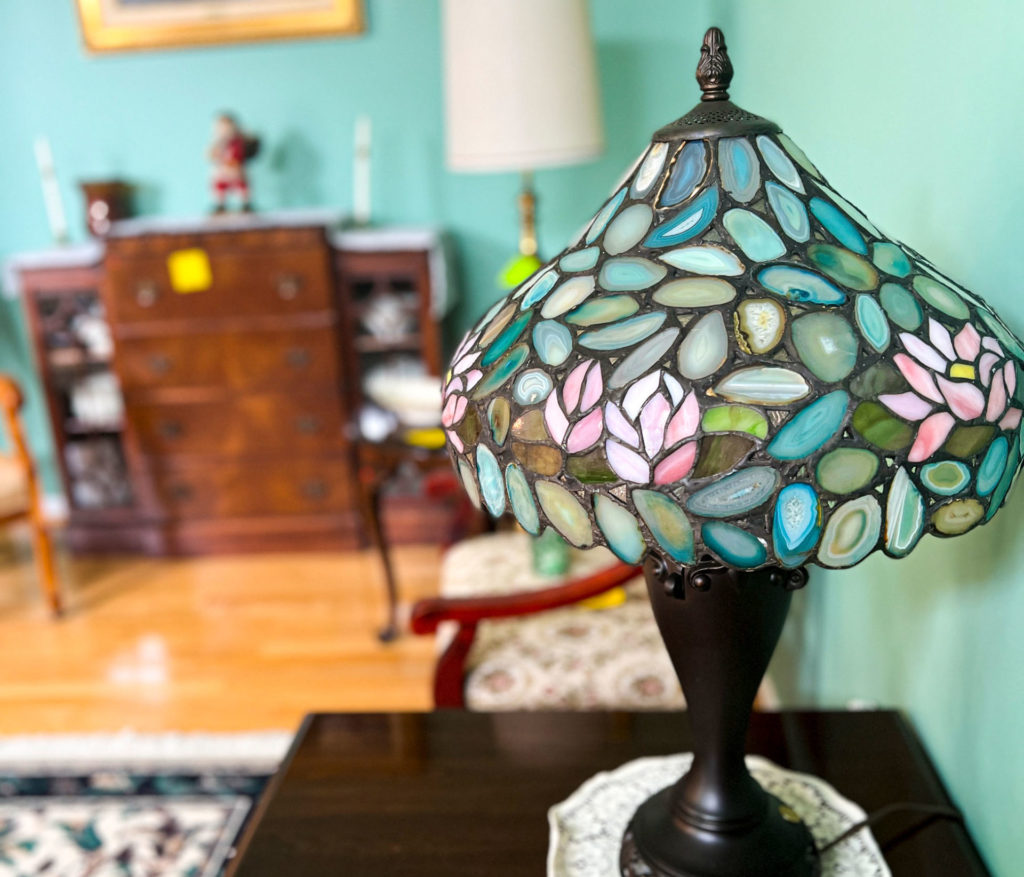
Trend #3. Cataloging
“In this world, nothing is certain except death and taxes.” Benjamin Franklin.
The fact that we’re all going to die is not a secret. More people are beginning to recognize that the more effort they put into cataloging now, the more successful they will be in protecting their assets later.
Here are a few good questions to ask:
One piece of advice is for adult children to sit down with their aging parents and get them to answer these questions and document the items in their house.
The Estate of Don the Beachcomber
Many of the items in Don’s house were significant to his history with Tiki bars. Unfortunately, none of these items had been documented when the estate sale was held. Things that were part of Tiki bar history and shown in photos were unknown and didn’t sell or sold for low prices. Why? Because nobody knew the history and significance of those items.
Don had not included his kids in the history of his collectibles, so they did not know the value of the items and did not take the time to do the research.
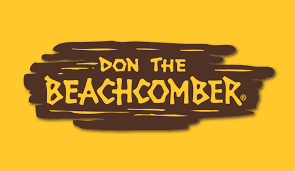
Trend #4. Involving the Kids Now
It’s not uncommon for kids or heirs to think, “They should have spent all that money on stocks or real estate. I’m tired of all this clutter, and I can’t wait to throw it in the trash can or dump it at a sidewalk sale.”
But thinking that way doesn’t honor a parent’s memory and doesn’t benefit the estate’s heirs. More older parents realize their responsibility to maximize the estate’s value for their heirs. More children understand the importance of honoring their parent’s past.
Here are a few good questions for children to ask their parents:
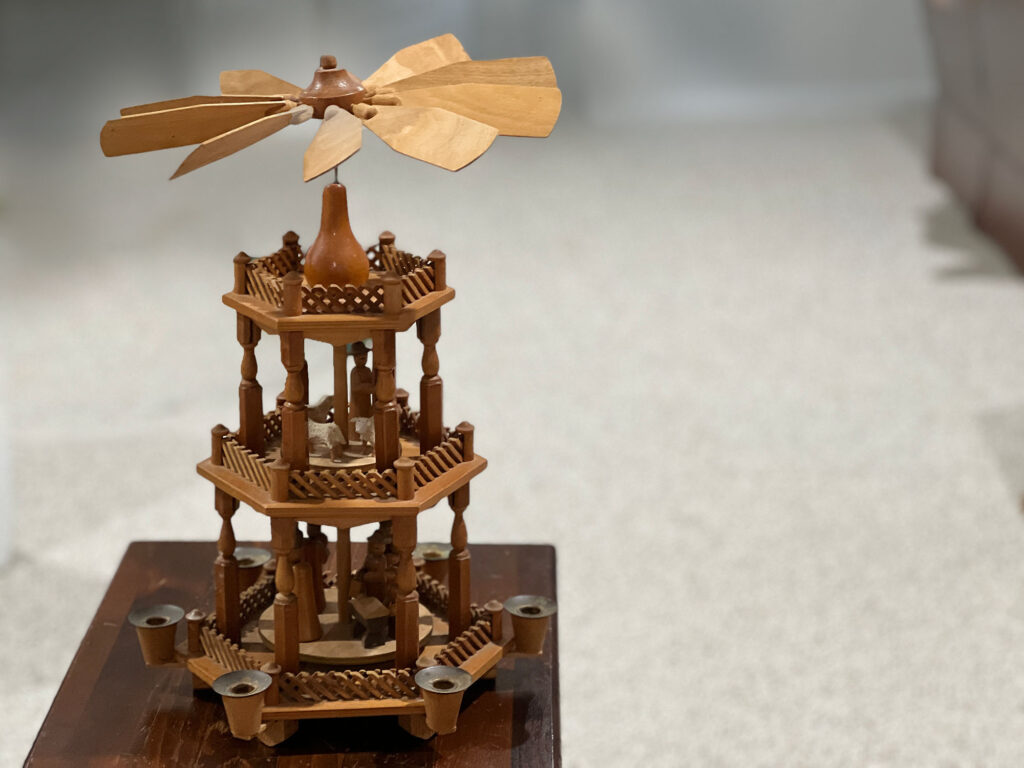
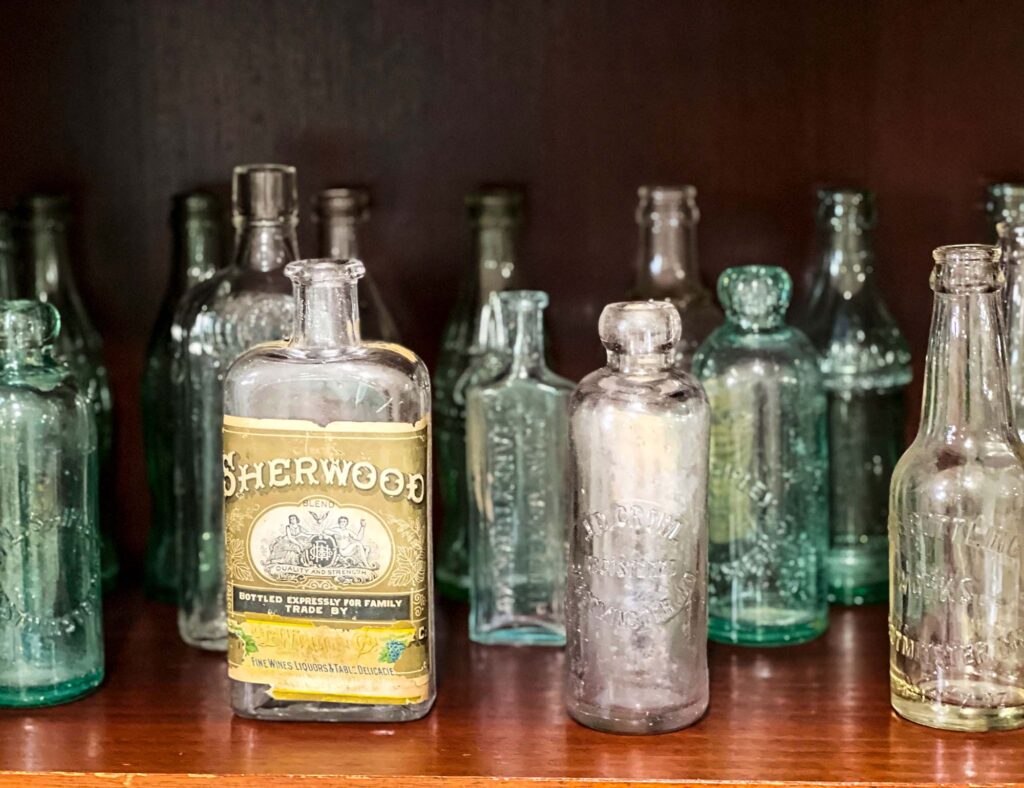
Trend #5. Holding an On-Site Auction
It’s easier than ever to host an online live estate auction. Why wait until you die or move? Start getting rid of things you don’t want or need now. Places like MaxSold allow individuals to efficiently sell items on their platform and find the right audience for their stuff.
Even rookies can still get reasonable prices. One of the biggest misconceptions is that only older people are looking for the types of older items seniors may be selling. One of the market studies we conducted at WorthPoint found that the largest market for these estate items is now 25- to 35-year-olds.
What Is My Stuff Worth?
One of the challenges to selling items online is determining what they are worth—several ways to do this include:
